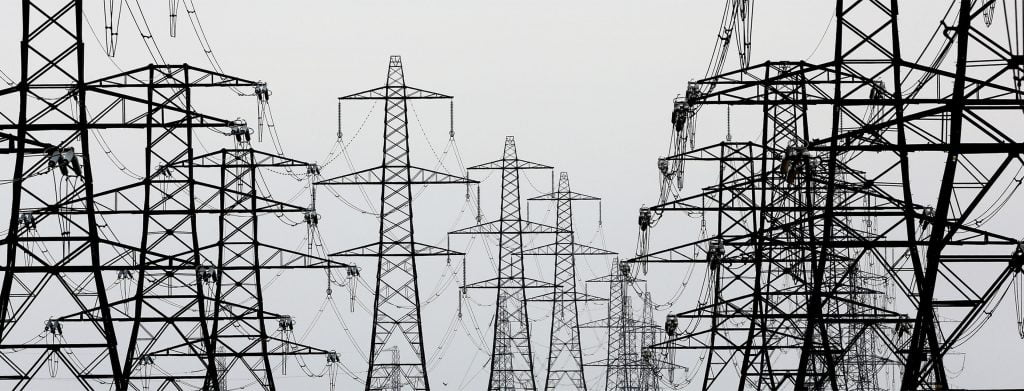
The Federal Government has announced a N2 trillion intervention package aimed at rescuing the country’s power Generation Companies (GenCos) and preventing a potential nationwide blackout.
This was revealed by Minister of Power, Adebayo Adelabu, during the sixth edition of the 2025 Ministerial Press Briefing in Abuja. According to the minister, the intervention — to be disbursed before the end of the year — will combine direct budgetary allocations and tradable promissory notes to offset longstanding arrears owed to GenCos.
The intervention follows threats from GenCos to shut down operations over an estimated N4 trillion debt, largely from tariff shortfalls. However, industry insiders remain skeptical. “This is not the first time such promises have been made. Actual payments have often fallen short,” a top executive at one of the major GenCos told The Guardian.
The 2025 national budget includes a provision of N900 million for energy payments, despite the federal government grappling with a revenue crisis exacerbated by global economic headwinds.
Adelabu said the new payment structure would enable GenCos to access liquidity by discounting government-issued promissory notes in the financial markets. He reiterated the government’s commitment to reforming the Nigerian Electricity Supply Industry (NESI) under the Renewed Hope Agenda.
According to the minister, market revenues grew significantly in 2024, rising by 70 per cent from N1 trillion in 2023 to N1.7 trillion, largely due to the implementation of a cost-reflective tariff for Band A customers. This, he noted, helped reduce the government’s subsidy burden by 35 per cent — from a projected N3 trillion to N1.94 trillion — resulting in savings of about N1 trillion.
In line with the Electricity Act 2023, the National Independent System Operator (NISO) has unbundled the Transmission Company of Nigeria (TCN), separating it into a Transmission Service Provider (TSP) and an independent system operator responsible for grid and market operations.
Adelabu also disclosed that more states were taking control of power regulation. Plateau and Niger joined nine others in assuming independent regulatory authority in the first quarter of 2025, further advancing decentralisation in the electricity sector.
Private sector interest in Nigeria’s renewable energy landscape is also growing. SunAfrica is set to deliver 1,000 megawatts of solar power in collaboration with the Niger Delta Power Holding Company (NDPHC), while Skipper Electric has proposed developing 100-megawatt solar projects in each of the 36 states.
Hydropower evacuation challenges are also being addressed. Plans are underway to fully utilise the 700-megawatt Zungeru and 40-megawatt Kashiwila plants, which are currently under-evacuated due to transmission constraints.
Additionally, the long-delayed 1,500-megawatt Makurdi hydro project and the 215-megawatt Kaduna thermal plant — dormant since 2019 despite being 87 per cent complete — are expected to come onstream by the end of the year.
In Katsina, a 10-megawatt abandoned wind farm is being revived through a state-private partnership. Adelabu also revealed that the United Nations Industrial Development Organisation (UNIDO) has committed $500 million to small-scale hydropower development in Nigeria, tapping into the country’s estimated 14,000-megawatt hydro potential.






